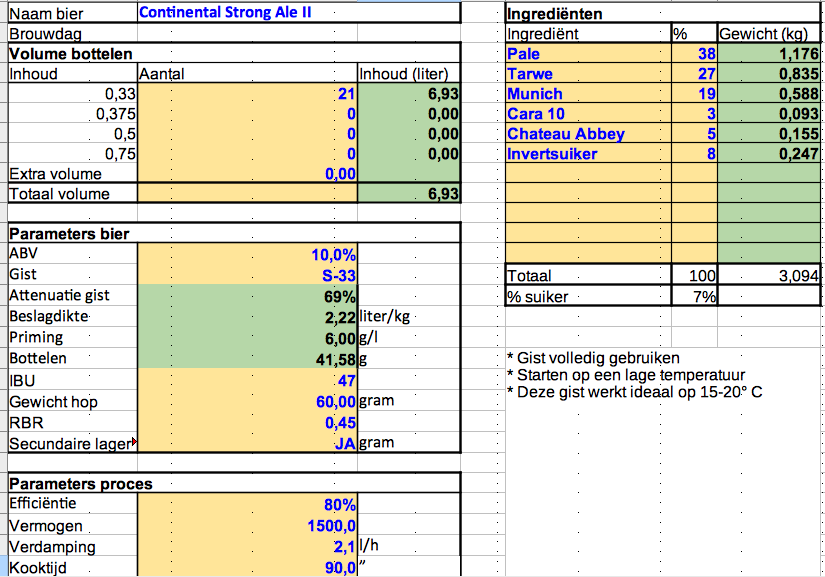I’m looking to make a Scotch Ale/Wee Heavy. Looking for options on what others have been happier with.
I’ve been looking and I’m uncertain with smoked malt because I don’t really like smoky scotch. I do like smoked meat though.
Also I’ve seen some recipes with basically pale malt and roast malt and sometimes they boil a portion down to get the maltiness. Other recipes have flavoring malts and caramel malts. I like malty beers so that is what I thought would be good.
I already have the last pack of Wyeast Scottish ale yeast my local supplier had so looking to use it.
I’ve been trying to get my mind around the shilling scale etc. I’ve had McEwan's and big rockS versions I’m guessing are 70-80 shilling beers. I was probably going to go near or over and SG of 1.100 and do all grain. But I’m here for advice so let’s see where it goes.
Thanks all.
I’ve been looking and I’m uncertain with smoked malt because I don’t really like smoky scotch. I do like smoked meat though.
Also I’ve seen some recipes with basically pale malt and roast malt and sometimes they boil a portion down to get the maltiness. Other recipes have flavoring malts and caramel malts. I like malty beers so that is what I thought would be good.
I already have the last pack of Wyeast Scottish ale yeast my local supplier had so looking to use it.
I’ve been trying to get my mind around the shilling scale etc. I’ve had McEwan's and big rockS versions I’m guessing are 70-80 shilling beers. I was probably going to go near or over and SG of 1.100 and do all grain. But I’m here for advice so let’s see where it goes.
Thanks all.








![Craft A Brew - Safale BE-256 Yeast - Fermentis - Belgian Ale Dry Yeast - For Belgian & Strong Ales - Ingredients for Home Brewing - Beer Making Supplies - [3 Pack]](https://m.media-amazon.com/images/I/51bcKEwQmWL._SL500_.jpg)


















































